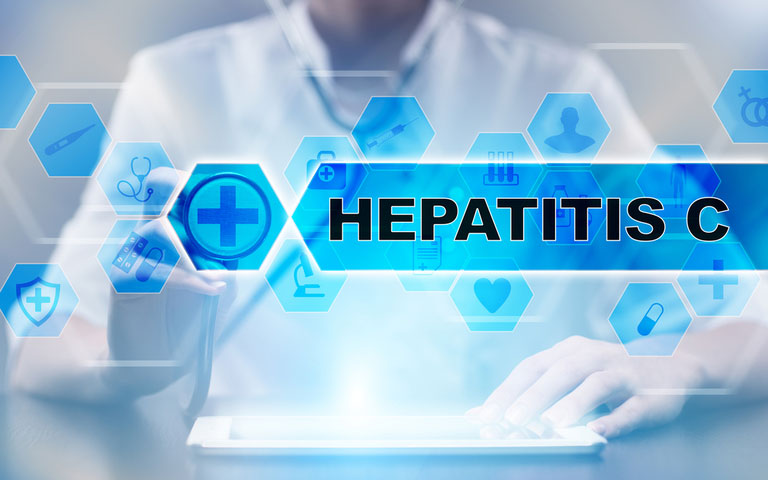
The Johns Hopkins Viral Hepatitis Center recently opened a new office in Cumberland, Maryland. The office is located on the first floor of the Allegany County Health Department. Hepatitis C services are provided by a team of Johns Hopkins hepatitis specialists with expertise in the field of hepatitis care from diagnosis to cure. We also provide free, confidential hepatitis C testing with same day results. The Hepatitis Clinic hours are Monday through Friday from 8:00 a.m. to 3:30 p.m..
For information call 301-759-5101.
Fast Facts About Hepatitis C:
People with hepatitis C may not know they have the virus.
An estimated 3.5 million persons have hepatitis C and over half do not know it. Most people do not have symptoms so they do not know they are infected. Testing is the only way to know.
People born between 1945-1965 are 5x more likely to have hepatitis C.
While anyone can get hepatitis C, people born during these years are five times more likely to have hepatitis C than other adults. Hepatitis C is not part of routine testing which is why CDC recommends everyone born from 1945-1965 get tested for Hepatitis C regardless of risks.
Hepatitis C is spread primarily by blood.
Hepatitis C is spread primarily through contact with blood from an infected person. Risks for hepatitis C include recent or past injection or intranasal drug use, tattoos or body piercings in an unclean environment or using unsafe equipment, contact with blood or needles, children born to a mother with hepatitis C, people living with HIV, those with liver disease (abnormal liver enzymes) or have ever been incarcerated. Those who received clotting factor or blood transfusion (before 1992) or were ever on hemodialysis are also at risk for hepatitis C.
Hepatitis C can cause liver damage and liver failure.
Over time, chronic hepatitis C can cause serious health problems including liver damage, cirrhosis, liver cancer and even death. In fact, hepatitis C is a leading cause of liver cancer and the #1 cause of liver transplants.
Many people can get lifesaving care and treatment.
Knowing you have hepatitis C can help you make important decisions about your health. Successful treatments can eliminate the virus from the body and prevent liver damage, cirrhosis, and even liver cancer. Recent advances have made today’s treatment shorter and more effective with cure rates above 95%.

